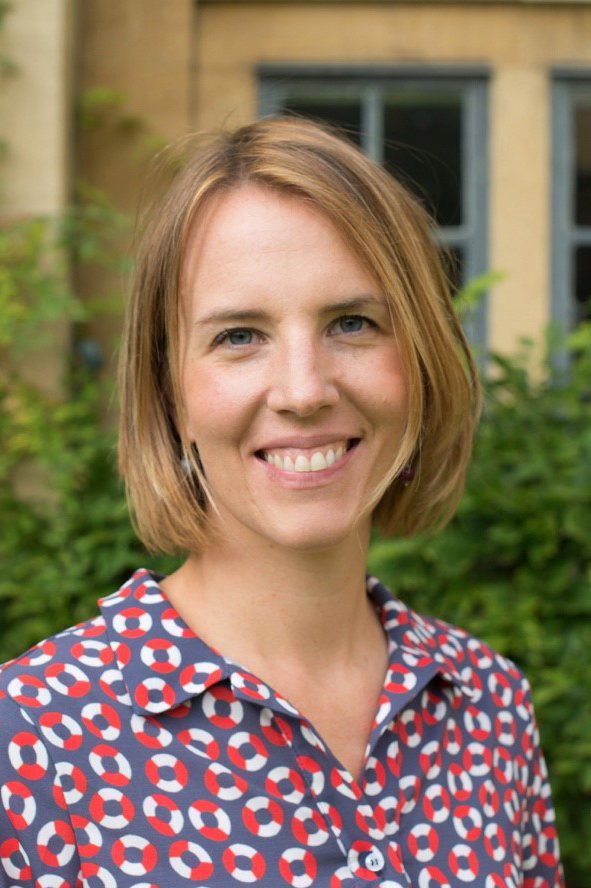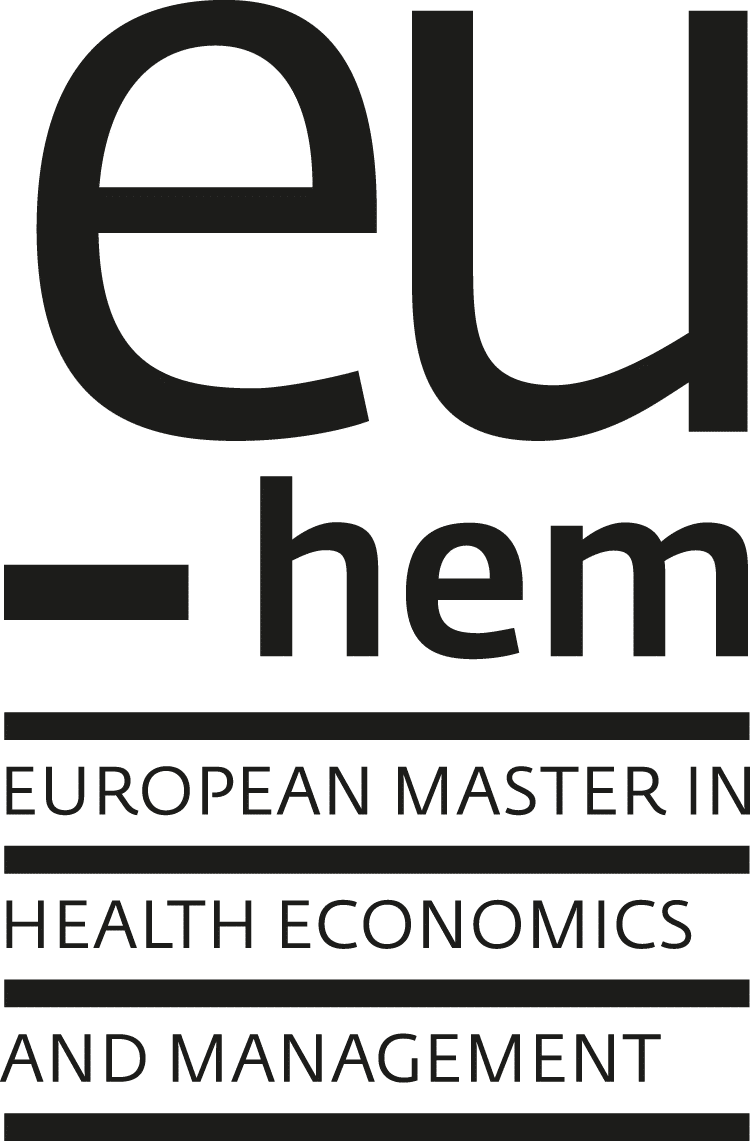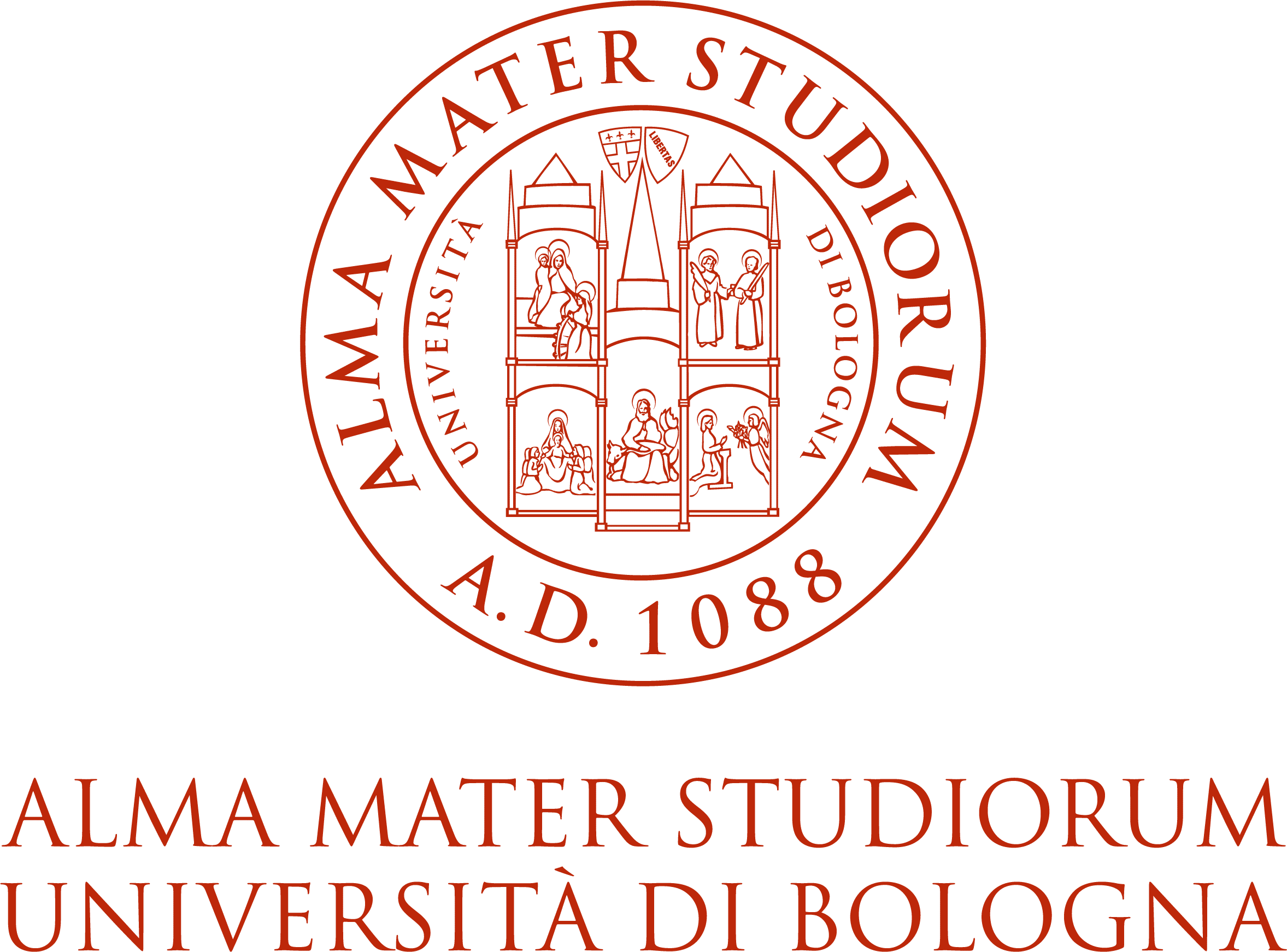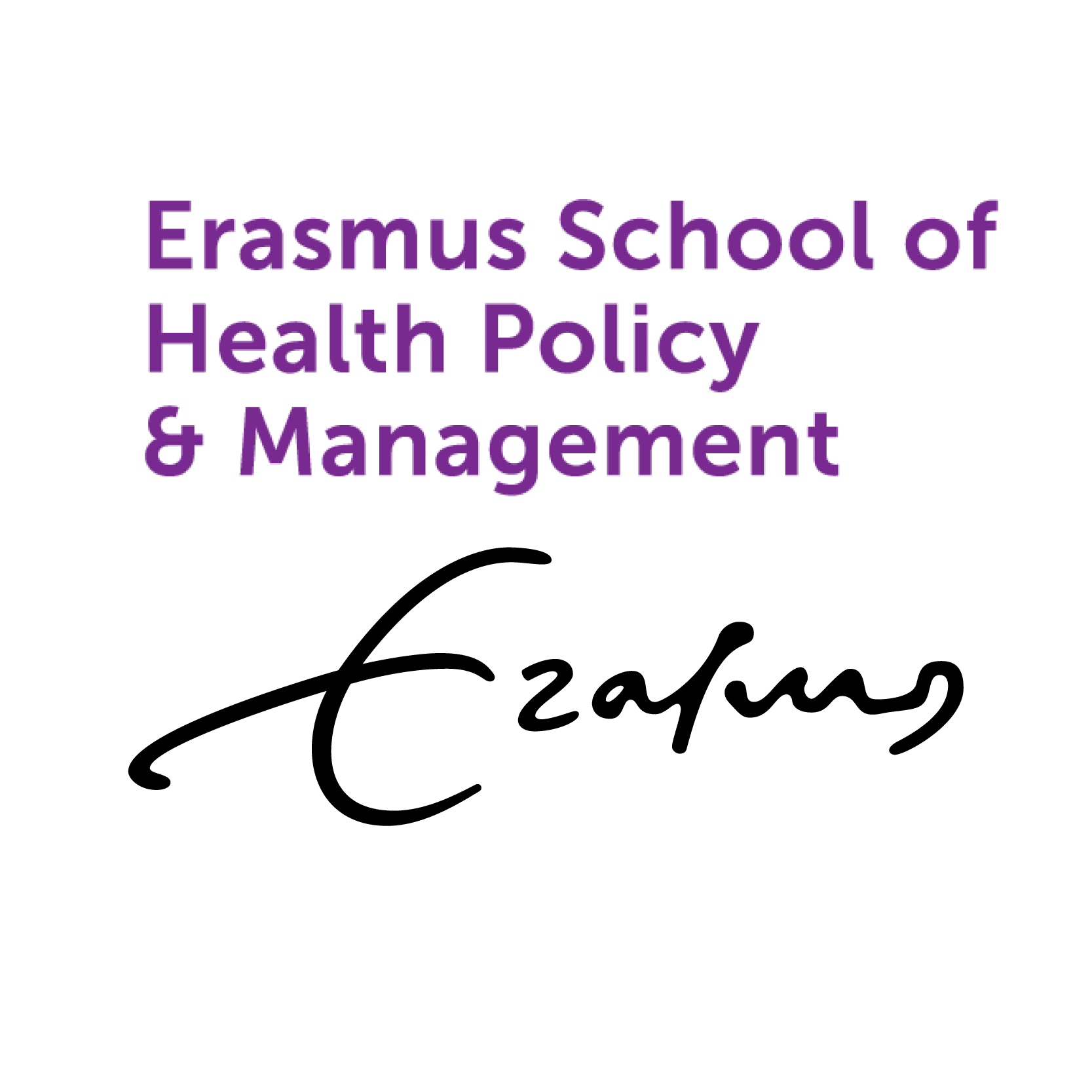Health Economics & Policy
You are leaving our website
All applications are handled by the University of Oslo and MCI | THE ENTREPRENEURIAL SCHOOL®.
You'll be redirected to the website of the University of Oslo for more information about the application procedure.
Good luck with your future application!
Become a future proof Health Policy Analyst
What is this track?
Meet the case of sophie and alex
Sophia and Alex are both health economists at a national health agency. The government is grappling with rising healthcare costs and increasing disparities in access to care across the country. In response, a new policy proposal has emerged that aims to cap the prices of essential medications. However, there are concerns about the potential impact this policy might have on pharmaceutical innovation and the availability of drugs.
Sophia has been tasked with evaluating the economic implications of the policy. She focuses on building models to assess how price caps might influence healthcare spending and the overall efficiency of the healthcare system. Her analysis will help determine whether the policy can achieve its goals without unintended negative consequences.
Meanwhile, Alex is responsible for examining the potential public health outcomes of the policy. He must analyze data to predict how the policy will affect access to medications, especially for vulnerable populations. Alex is also considering the broader societal impacts, such as how this policy might influence health equity and long-term public health trends.
Both Sophia and Alex face the challenge of balancing the need to control healthcare costs with the imperative to ensure that innovation and drug availability are not compromised. Their findings will be crucial in advising policymakers on whether to proceed with the proposed policy or to explore alternative solutions.
Considerations:
- How can Sophia and Alex collaborate to ensure that their analyses are comprehensive and address both economic and public health outcomes?
- What data should they prioritize to provide a well-rounded evaluation of the policy’s potential impacts?
- How can they ensure that their recommendations will lead to equitable outcomes across different segments of the population?
- What strategies can they use to effectively communicate their findings to policymakers, stakeholders, and the public?
CAN YOU HELP?
As a professional in health economics and policy, you will encounter complex challenges like those faced by Sophia and Alex. How would you use quantitative methods to evaluate the multifaceted impacts of health policies? How would you collaborate with colleagues to balance economic considerations with the need to improve public health outcomes? What approaches would you take to ensure that your policy recommendations are both effective and equitable?
This track equips you with the critical tools and knowledge needed to navigate and influence the complex world of healthcare policy. If you’re passionate about driving improvements in health systems and making a meaningful impact on public health, this program is your gateway to success!

Jonas Minet Kinge
University of Oslo
If you have any questions regarding this track, don’t hesitate to reach out to me.

ELISABETTA DE CAO
University of Bologna
If you have any questions regarding this track, don’t hesitate to reach out to me.
“You will become a critical observer of empirical evidence to be able to judge the quality of health policies and programs.”
Elisabetta De Cao, Track Coordinator
Track Benefits
In this track, we equip you with the essential tools neccesary for evaluating health policies and interventions. You will master health economic theoretical models and their application to real world scenarios. Additionally, you will become familiar with various health data types, and you will learn how to use and analyse real-world data with the use of statistical softwares such as Stata or R. This will enable you to critcally interprete empirical evidence by identifying the strengths and weaknesses of the research design of social research.
Graduates of this track are making impactful strides in diverse fields, including hospitals, health insurers, academia, pharmaceutical companies, consultancies, and governmental decision-making bodies. Join us in shaping the future of healthcare!
SEMESTER 1 — UNIVERSITY OF BOLOGNA
Mandatory courses:
• Fundamentals in Health Economics and Management (I.C.)
• Our Right to Health: Needs, Resources and Society
Complementary courses:
• Quantitative Methods in Health and Healthcare (I.C.)
or
• Fundamentals of Quantitative Methods in Health and Healthcare (I.C.)
Elective courses (choose 1):
• Health Systems
• International Law and Health
SEMESTER 2 — UNIVERSITY OF OSLO
Mandatory courses:
• Demand for Health and Health Insurance
• Paying Providers of Healthcare
• Applied Micro Econometrics
Elective courses (choose 2):
• Fundamentals of Economic Evaluations in Healthcare
• Modeling in Economic Evaluation I
• Finance and Investment
• Leadership, Management and Organization Development
• Qualitative Methods
SEMESTER 3 — UNIVERSITY OF BOLOGNA
Mandatory courses:
• Law and Economics of Pharmaceutical Markets (I.C.)
• Planning and Evaluation of Health Policy
Complementary courses:
• Workshop: Building Empirical Case Studies in Health Economics
or
• Internship
Elective courses (choose 2):
• International Law and Health (if not chosen in sem. 1)
• Health Systems (if not chosen in sem. 1)
• Health Economics and Policy in Low and Middle Income Countries
• Global Health Policy
• Economics of Risky Health Behaviours
• Gender Equality in Health
SEMESTER 4 — ONE OF THE UNIVERSITIES IN THE TRACK
- Thesis
“The skillset acquired through this track is in high demand across both the public and private sectors”
Jonas Minet Kinge, Track Coordinator
Enjoy the best of Oslo and Bologna
This track is a partnership between the University of Bologna (1st & 3rd semester) and the University of Oslo (2nd semester). The department of economics of the University of Bologna is the top public department of economics in Italy. You will learn from the best scholars working on health economics, while the Department of Health Management & Health Economics the Univeristy of Oslo is strong multi-disciplinary research community which includes economists, political scientists, and physicians. You will enjoy top academic education in two fantastic, and very diverse European cities. Both with dynamic healthcare sectors and high-quality living standards. Plus it is always fun to be back at a place where you have already studied (Bologna).
Check out the other tracks
Economic Evaluation in Healthcare
MANAGEMENT OF HEALTHCARE INSTITUTIONS
Population Health Management
Act now
Are you ready to embark on a transformative journey in health economics, policy analysis, and technology assessment?




